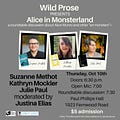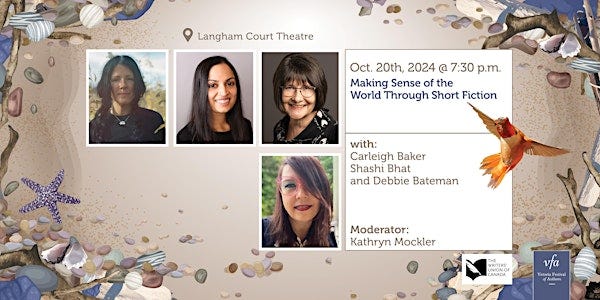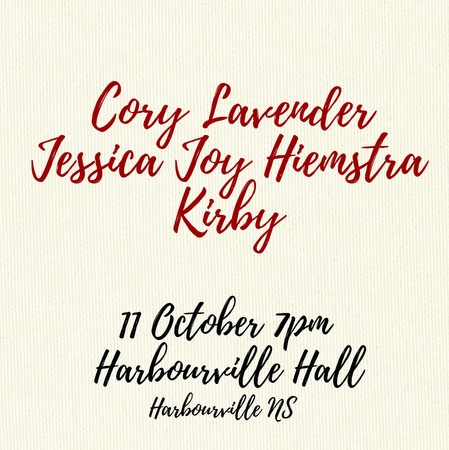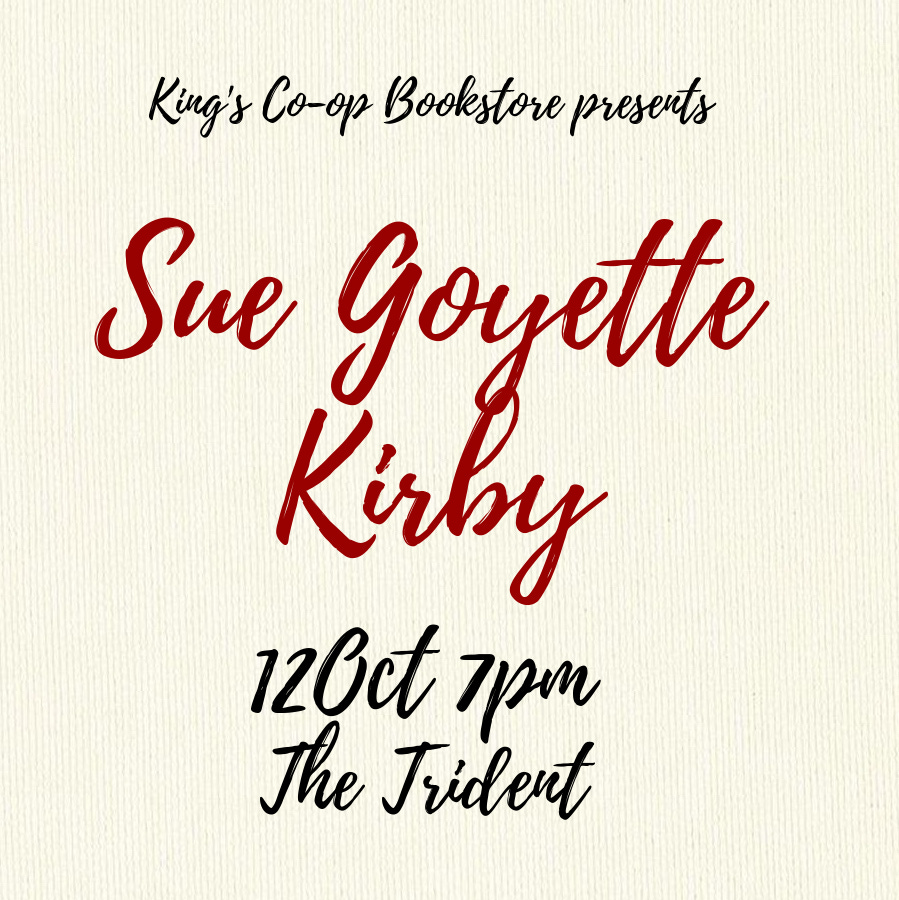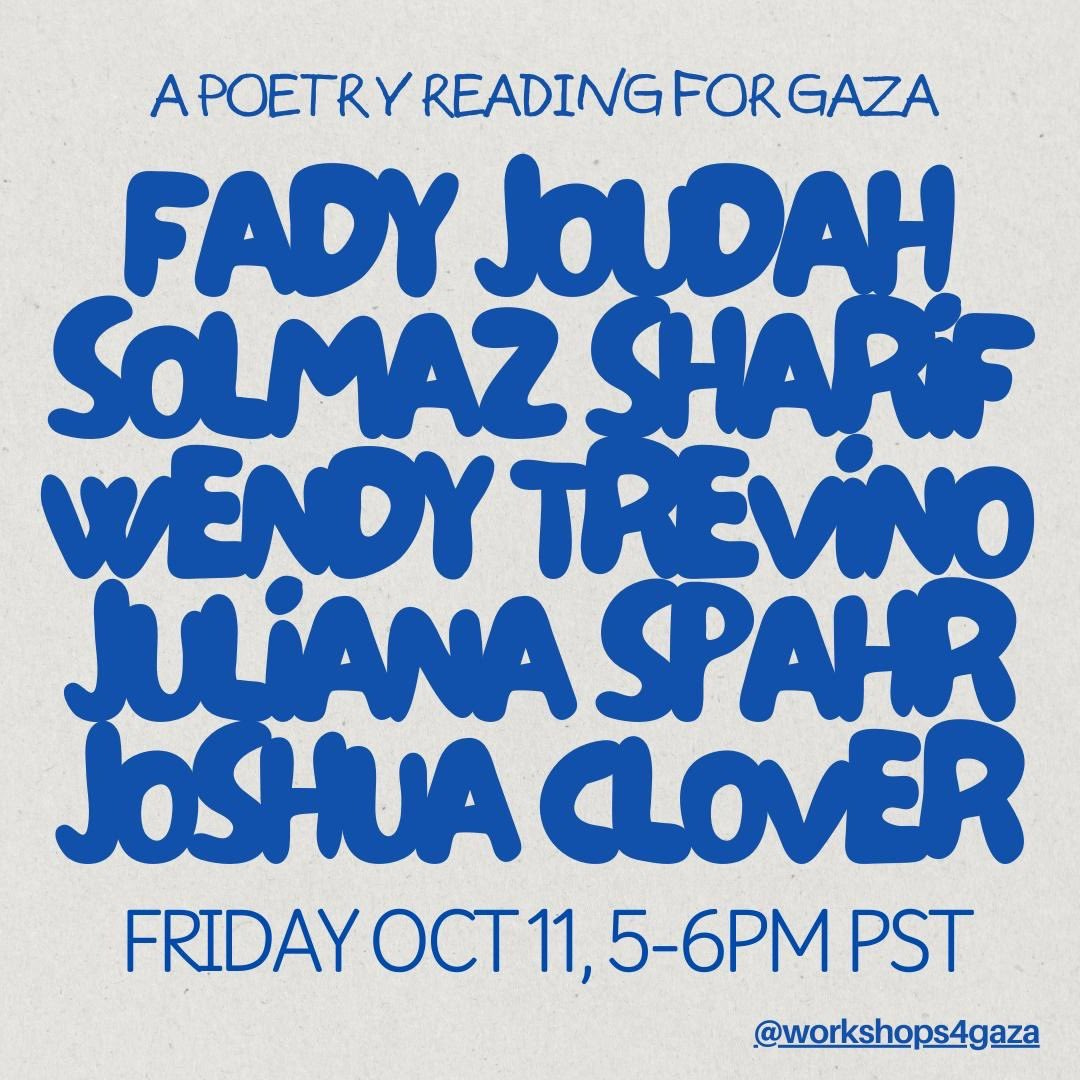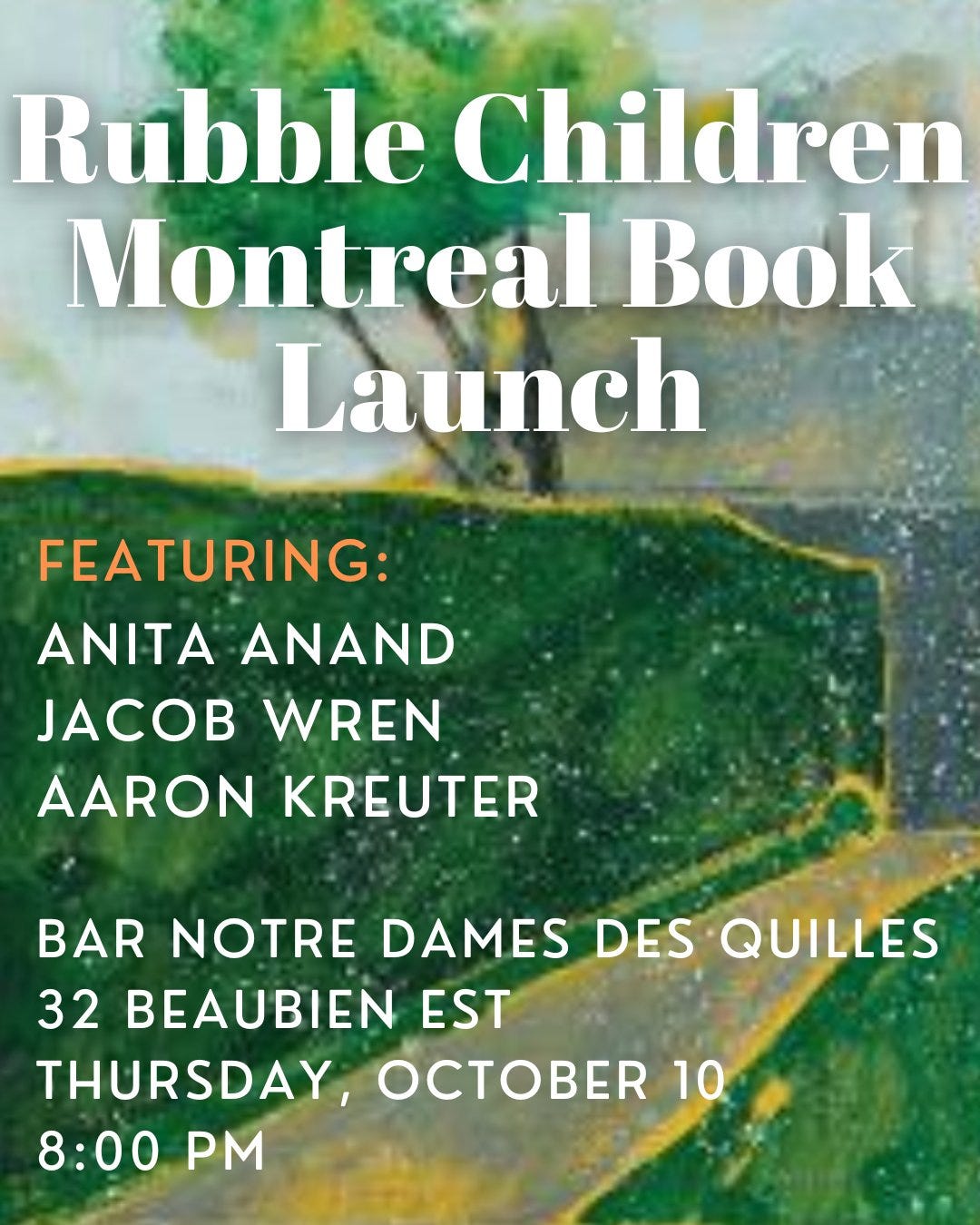Gatherings | Issue 41
Victoria Festival of Authors | Room Magazine | Workshops for Gaza | m. nourbSe philip | Sally Rooney | Wild Prose | Canisia Lubrin | Jen Sookfong Lee
My News
I have a busy month ahead. Looking forward to things slowing down in November.
I’ll be participating in this event in Victoria on October 10, 2024.
Wild Prose presents: Alice in Monsterland. A roundtable discussion about Alice Munro and other “art monsters” with Suzanne Méthot, Kathryn Mockler, and Julie Paul; moderated by Justina Elias
I'm grateful to be included in this panel.
It's going to be a difficult discussion but one well worth having I believe.
I appreciate the care and nuance that the organizers have taken with this event.
Event Details: Thursday, October 10th Doors: 6:30 p.m. Open mic: 7:00 p.m. Readings: 7:30 p.m. at Paul Phillips Hall, 1923 Fernwood Rd. Victoria $5 admission (CASH)
I'm honoured to have Anecdotes shortlisted for the City of Victoria Butler Book Prize with these writers and authors I admire greatly!
This is especially meaningful since I am relatively new to the city and in awe of its welcoming literary community. Congratulations to all!
The winners will be announced during a gala event on Wednesday, October 16, 2024, at 7:30 p.m. at the Union Club of British Columbia. Tickets are available on eventbrite.
So grateful to Deborah Vail for interviewing me and reviewing Anecdotes (Book*hug Press) in PRISM international.
I love her questions, and at the end, I get the opportunity to share some books by writers whose work I admire (Saeed Teebi, Shashi Bhat, and Jacob Wren).
I’m thrilled to moderate this event at the Victoria Festival of Authors
Making Sense of the World Through Short Fiction with Carleigh Baker, Shashi Bhat, and Debbie Bateman
Join us for a conversation with Carleigh Baker, Debbie Bateman, and Shashi Bhat who will read from their exciting new story collections and discuss how they use the short form to grapple with some of the most pressing issues of our times such as bodily autonomy, consent, white supremacy, the climate crisis, aging, grief, disability, and loneliness. Whether it’s Baker’s harrowing and satirical disaster tales in Last Woman, Bateman’s raw portraits of middle-age women and their bodies in Your Body Was Made for This, or Bhat’s unflinching take on dating and relationships in Death by a Thousand Cuts, these urgent and timely stories offer visceral, biting, and often humorous depictions of contemporary life. Moderated by Kathryn Mockler Tickets through eventbrite
I’m beyond honoured to be a finalist for the VMI Betsy Warland Between Genres’s Award with Kent Monkman and Gisèle Gordon for their book The Memoirs of Miss Chief Eagle Testickle, Vol. 1 and 2: A True and Exact Accounting of the History of Turtle Island, McClelland & Stewart, and Armand Garnet Ruffo for The Dialogues: The Song of Francis Pegahmagabow, Wolsak & Wynn!
Thanks to Stephen Collis who judged the awards! Congrats to all!
Kirby News
Kirby reads with Cory Lavender, Jessica Joy Hiemstra in Harbourville, NS at 7pm at Harbourville Hall
Kirby and Sue Goyette at The Trident in Halifax, N.S. at 7pm.
Gatherings
Room is hiring a new Managing Editor! - Deadline October 11, 2024
Join Workshops for Gaza for our first poetry reading featuring a small fraction of the many U.S.-based poets in solidarity with the people of Gaza: Fady Joudah, Solmaz Sharif, Wendy Trevino, Juliana Spahr and Joshua Clover. All proceeds will go to Hamza, a Palestinian writer and student of the late and beloved poet Refaat Alareer. Hamza is currently raising funds to help his family of 40 survive the ongoing genocide.
To register for “A Poetry Reading for Gaza,” donate to Hamza (suggested donation $25 USD, please donate more if you can!) then fill out the registration form.
The first time I travelled outside of Gaza, I was twenty-seven years old. Growing up, I had always thought of “travel” as riding a taxi, bus, or bike within the borders of the Gaza Strip. My family lived not far from Railway Street, but there were no trains there. I had heard stories about the Gaza International Airport, but Israel had bombed it when I was eight. I remember asking my childhood friend Izzat, a soccer fan, about the places he wanted to visit one day. “Barcelona,” he told me. “I want to play alongside Messi, Xavi, and Iniesta.” In 2014, a few days after Izzat graduated from college, he was killed in an Israeli air strike. Our freedom of movement was just another victim of the occupation.
Read The Pain of Travelling While Palestinian by Mosab Abu Toha in The New Yorker
Author Jhumpa Lahiri declines NYC’s Noguchi Museum award after keffiyeh ban
Read An open letter from Michael Ondaatje, Madeleine Thien and six other Giller winners: It’s time for the prize’s funders to divest from companies whose products are enabling the mass killing in Gaza in The Toronto Star
I didn’t know and nobody told me and what
could I do or say, anyway?
Read “Apologies to All the People in Lebanon” by June Jordan in Poetry
Read m. nourbSe philip in The Yale Review
In 1953, Roald Dahl published “The Great Automatic Grammatizator,” a short story about an electrical engineer who secretly desires to be a writer. One day, after completing construction of the world’s fastest calculating machine, the engineer realizes that “English grammar is governed by rules that are almost mathematical in their strictness.” He constructs a fiction-writing machine that can produce a five-thousand-word short story in thirty seconds; a novel takes fifteen minutes and requires the operator to manipulate handles and foot pedals, as if he were driving a car or playing an organ, to regulate the levels of humor and pathos. The resulting novels are so popular that, within a year, half the fiction published in English is a product of the engineer’s invention.
Read Why AI Isn’t Going to Make Art by Ted Chiang in The New Yorker
Each of Sally Rooney’s novels writes back to a novel that she admires: Conversations with Friends to Jane Austen’s Emma; Normal People to George Eliot’s Daniel Deronda; Beautiful World, Where Are You to Henry James’s The Golden Bowl; and Intermezzo to James Joyce’s Ulysses. But while Rooney is delightfully conversant in the history of the novel, it is not, she says, her first thought when she starts to write. Her characters simply walk into her mind and stay there until she has puzzled out the precise nature of their relationships to one another. In Intermezzo, as in the novels that preceded it, her characters—Peter and Ivan Koubek, and the women they love—are often self-deceiving, misguided, and dishonest. No one’s intentions are pure. No one’s actions are consistent. Yet amid this tangle of secrets and lies there is, every so often, a glimmer of mutual understanding—a minor triumph in a world designed to erode all human exchanges and emotions. It is the burden and the pleasure of the novel, from Austen to Rooney, that it can animate these triumphs and the unbeautiful world from which they arise, so long as we keep turning the pages.
Read Loving the Limitations of the Novel: A Conversation between Sally Rooney and Merve Emre in the Paris Review
Thurs Oct 10 at 8pm: Aaron Kreuter's Montreal Launch for Rubble Children with Jacob Wren and Anita Anand at Bar NDQ
Chelene Knight on self-discovery for writing strategies that stick!
I love all things breaking the rules! Check out the latest from
Looking back, Smith sometimes marvels that Dickinson was made at all. “It centers an unapologetic, queer female lead,” she said. “It’s about a poet and features her poetry in every episode—hard-to-understand poetry. It has a high barrier of entry.” But that was the time. Apple, like other streamers, was looking to make a splash. “I mean, they made a show out of I Love Dick,” Smith said, referring to the small-press cult classic by Chris Kraus, adapted into a 2016 series for Amazon Prime Video. “That doesn’t happen because people are using profit as their bottom line.”
Read The Life and Death of Hollywood; Film and television writers face an existential threat by Daniel Bessner in Harpers
Love these essay prompts by
!We should rid our writing of the domestication of atrocity, rid our writing of the tense that insists on the innocence of its perpetrators, the exonerative tense of phrases like “lives were lost” and “a stray bullet found its way into the van” and “children died.” We should rid our writing of this dreadful innocence. We should refuse the logic that produces a phrase like “human animals” and a “four-year-old young lady.”
Read The Shapes of Grief: Witnessing the Unbearable by Christina Sharpe in The Yale Review
SMLTA contributor Christine Estima on What Happened Next
SMLTA contributor Deborah Dundas on What Happened Next
From the Archive
Support Send My Love to Anyone
Support Send My Love to Anyone by signing up for a monthly or yearly subscription, liking this post, or sharing it!
Big heartfelt thanks to all of the subscribers and contributors who make this project possible!
Connect
Bluesky | Instagram | Archive | Contributors | Subscribe | About SMLTA


